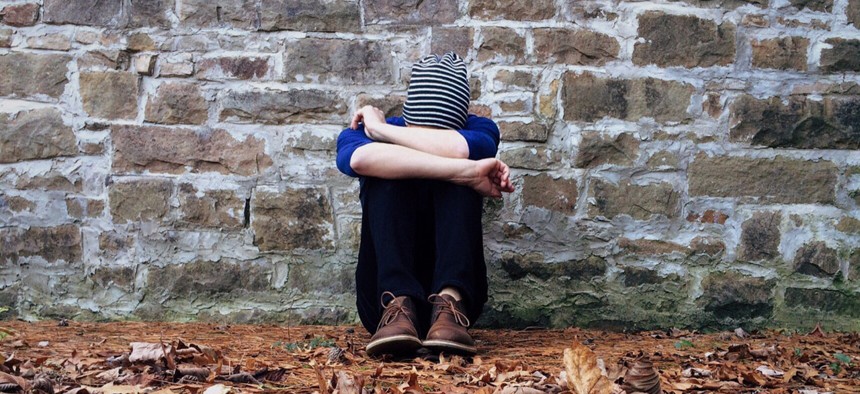
Pixabay.com
Post-Holiday Blues Can Teach You to Celebrate Reality
If your rosy hopes for the holidays have turned into blues, use this feeling to make every day a better experience.
The holiday season is an emotional time for everyone, whether you love family gatherings or hate them, follow tradition slavishly or jettison it altogether. It’s difficult to stay cool in the midst of a shopping, eating, drinking, and gifting frenzy, and to avoid the blues when regular life resumes again.
Your best best then, say psychologists, is to understand the emotional cycles and manage them wisely.
“The terms post-holiday ‘blues’, or post-holiday ‘depression’ are so dramatic,” writes Australian psychologist and wellness expert Melissa Weinberg. “What we experience is a post-holiday normalization. It’s an adjustment following a changing life circumstance.” Other big events, like weddings, which seem so exciting in the planning stages, also leave people feeling disappointed afterward. Similarly, Olympic athletes struggle with depression after participating in their big event and vacationers have trouble coming back to work after a break.
That disappointed or deflated feeling that follows an exciting event is a natural response to life’s dramas. The emotional descent is not necessarily something to lament, Weinberg says. “What goes up, must come down,” she notes.
Think of your emotions as a rubber band that’s been stretched tight during the holiday season. After the parties are over, the gifts unwrapped, and the food digested, you let go of the emotional rubber band, and it snaps back, sometimes with a vicious sting. The sting isn’t a bad thing if you understand it for what it is, and it could inform how you live every day when there is seemingly nothing special to celebrate.
Instead of resisting disappointment, accept it. Reflect on what you expected and what you experienced, try to identify the gap between the two, and move on. If you reject reality, and keep on wishing things had gone differently, you may end up in a cycle of ups and downs, surges of hope followed by crashes of disappointment repeated each year, psychologist Nicholas Joyce writes in Quartz. Instead, he suggests adopting an “acceptance mindset,” recognizing reality is unlikely to meet your heightened, hopeful expectations.
If you can accept the gap, keep doing what you’re doing, with less resistance and more mindfulness. But if you cannot, you might review the experiences for what went right and what went wrong and make changes in the future. Repeat what works and change what you can about the rest. Perhaps you plan a shorter visit with family, or spend part of the holidays at a hotel instead of your childhood bunkbed. Meet after the big holiday meal instead of sitting through it if you simply cannot stand to hear your uncle pontificate about politics while chewing.
Whatever changes you make, however, you’ll never control everything. There’s a way to deal with that unavoidable fact. Cultivate detachment. Ancient sages like the Taoist master Chuang Tzu and modern philosophers like Alan Watts agree with contemporary psychologists: most psychological troubles stem from expectations. But if we accept reality, we break free from disappointment and take life for what it is, a constant mix of possibilities. Things aren’t exclusively or inherently good or bad, and so all experiences can then become informative in some way.
Plus, things change, in ways you won’t ever be able to fully predict. Your blues, like the excitement that preceded them, are temporary and natural, so you needn’t fight bad feelings or cling to good ones. The best way to deal with this is to examine your ever-changing states—without judgement—knowing feelings and circumstances will inevitably shift again, and practice celebrating real life with all its many quirks.
NEXT STORY: How Risk Is Transforming Government






